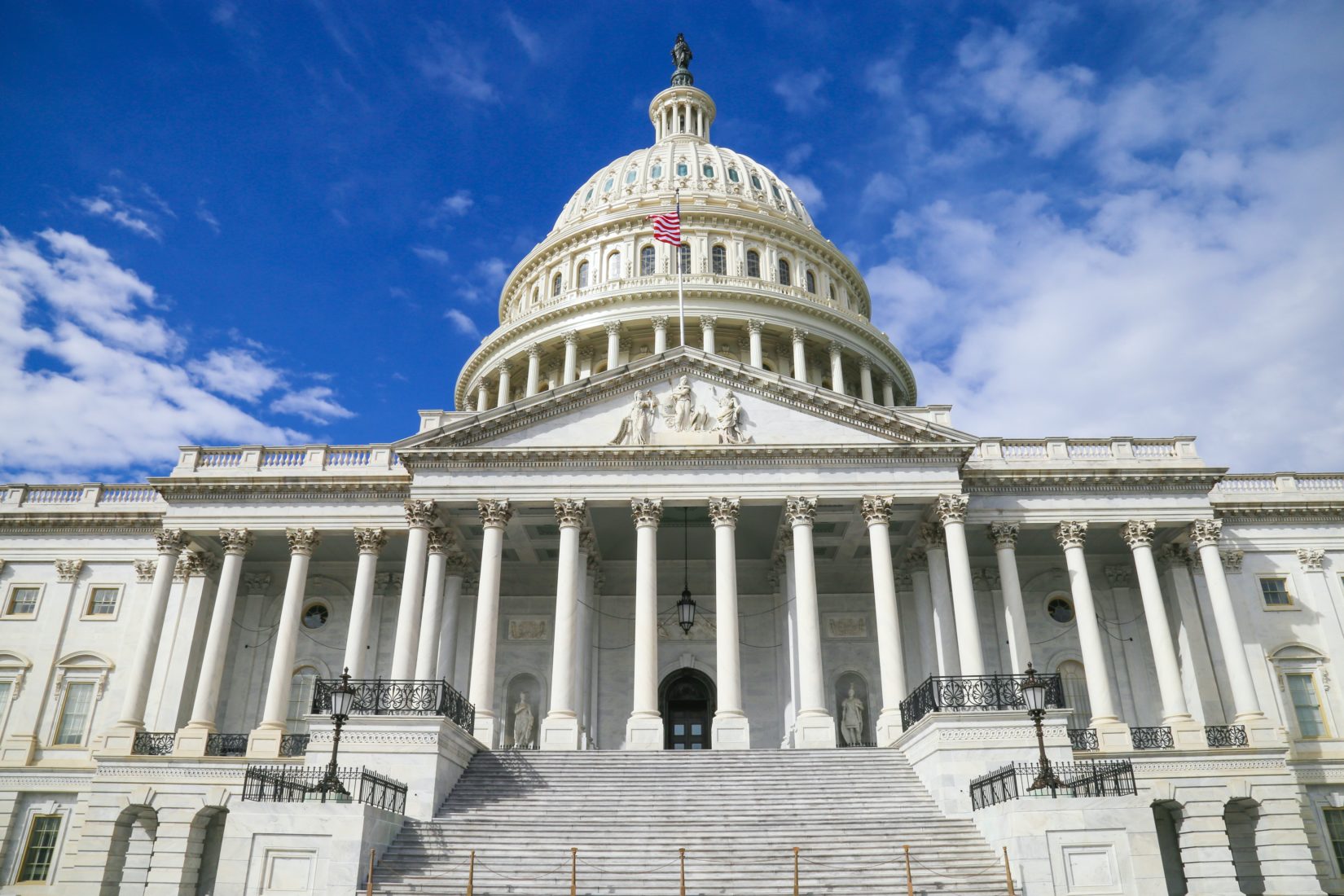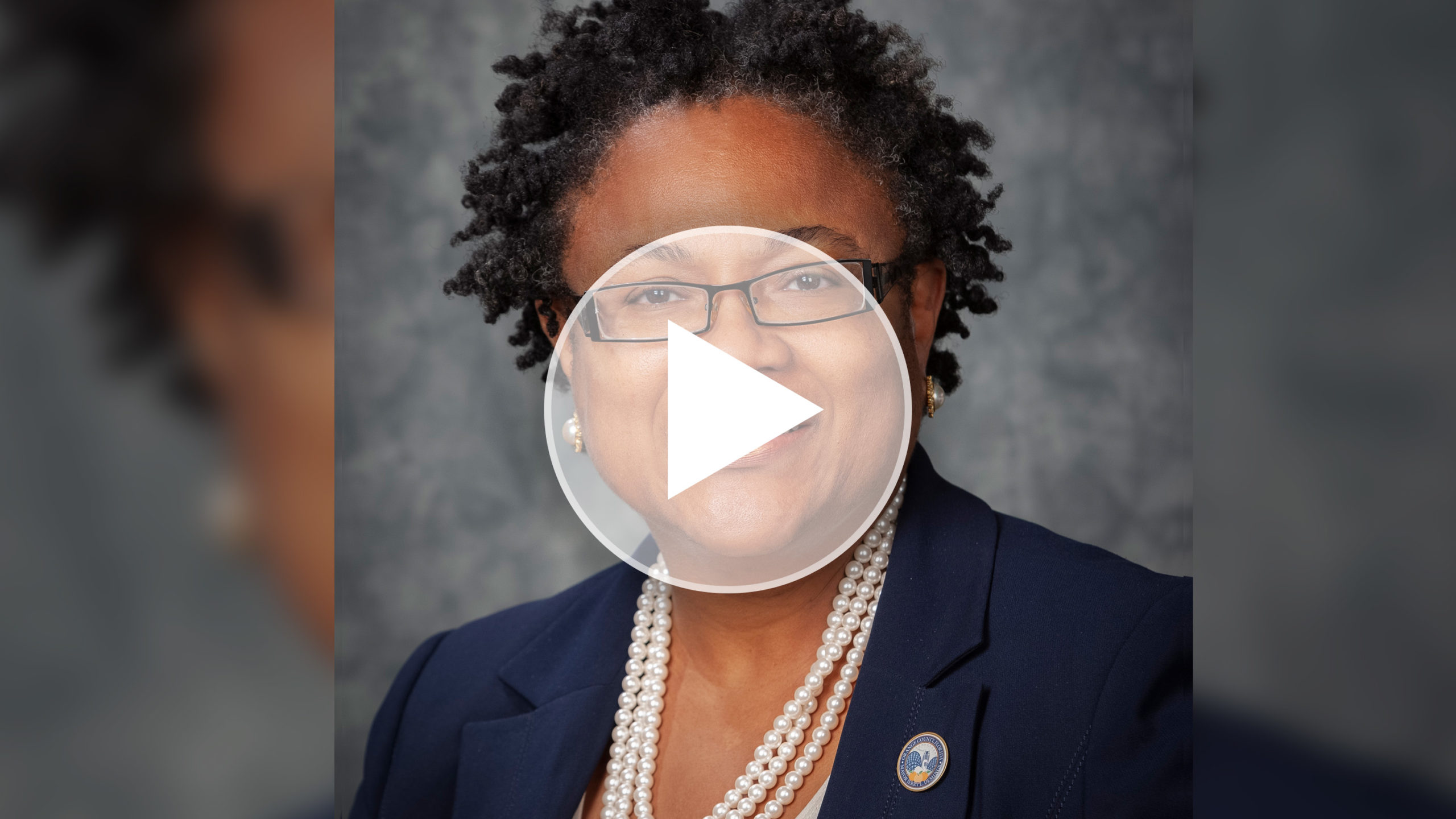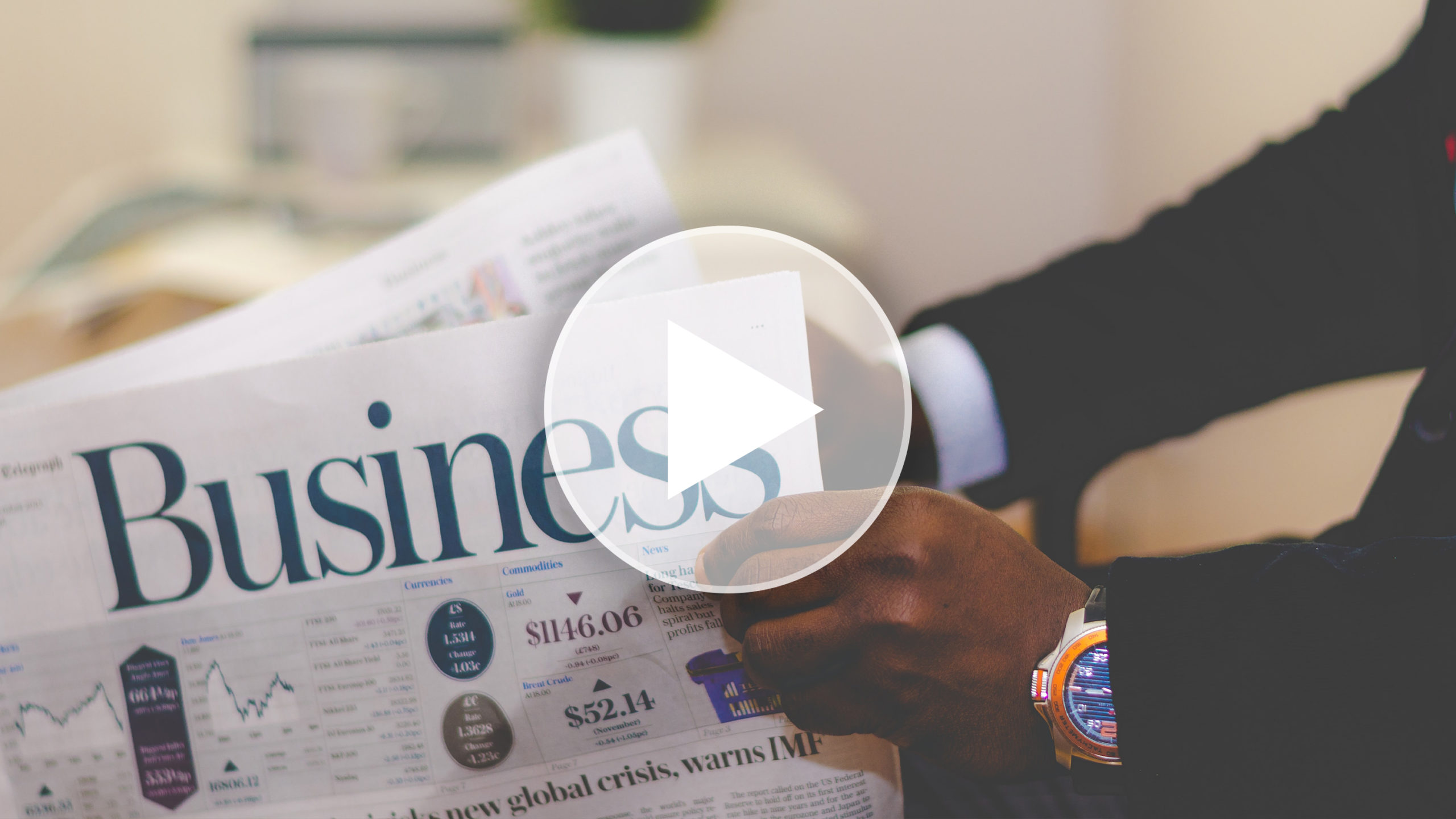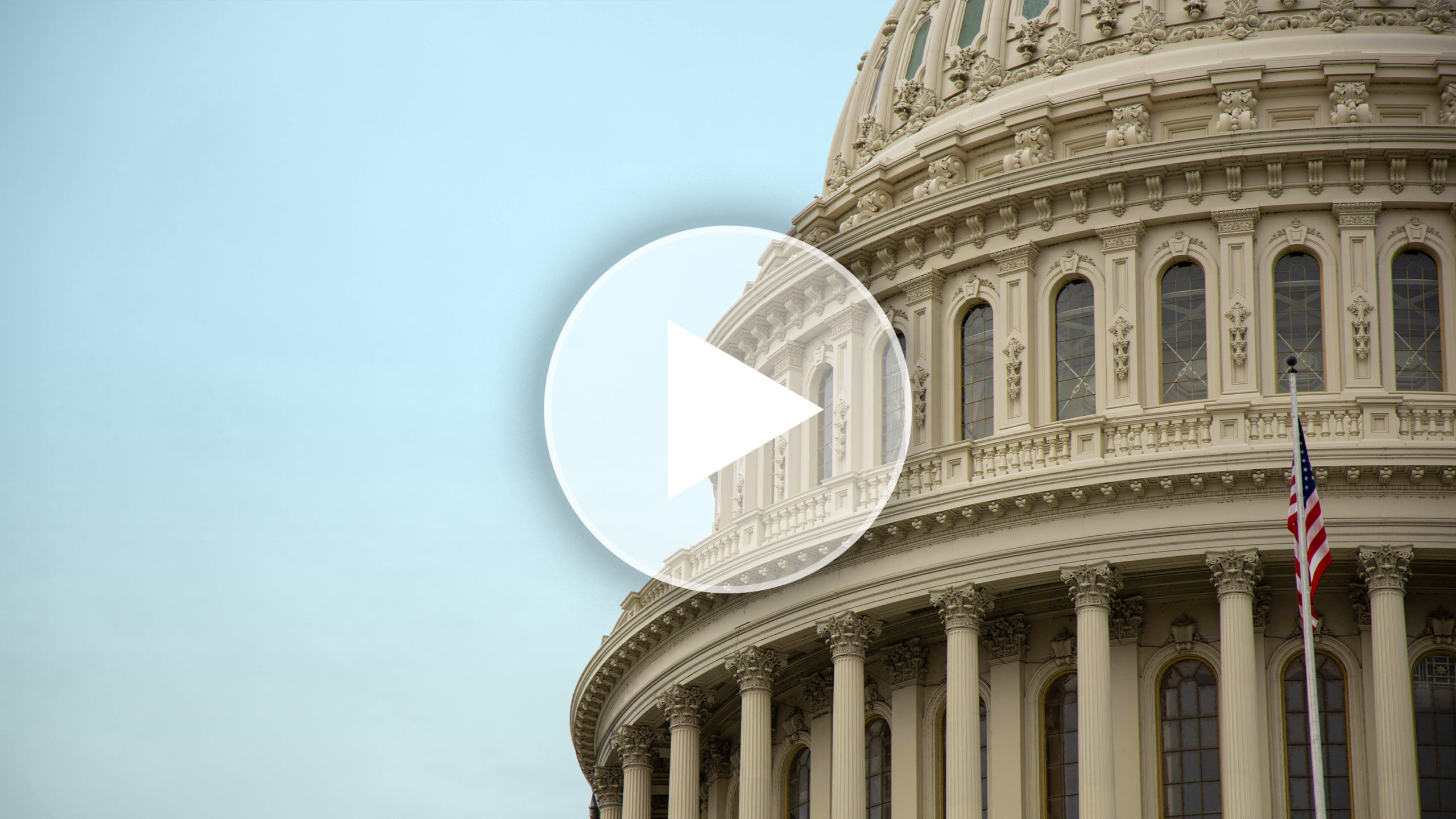Learn how the Paycheck Protection Program (PPP) Flexibility Act (H.R. 7010) provides flexibility to two of the major provisions of the original CARES Act.
On June 5, the president signed the Paycheck Protection Program (PPP) Flexibility Act (H.R. 7010) into law. This bill provides flexibility to two of the major provisions of the original CARES Act that approved PPP – increasing the covered period and rehiring safe harbor and the forgiveness cap on nonpayroll expenses.
The PPP Flexibility Act gives borrowers more time to spend their loan and still receive forgiveness. At this time, the SBA has approved 4,475,599 PPP loans, 343,442 right here in the state of Florida, meaning Floridian small business owners have received over $30 billion dollars in support. Below are key highlights from the bill that are notable if you have received the PPP loan.
As a reminder, please know June 30, 2020 is the last date you can apply for a PPP loan.
Key highlights of the bill:
- Increase the maximum maturity for PPP loans from two years (under SBA regulations) to five years for loans made on or after the date of enactment, giving borrowers more time to pay off any remaining loan balances (not forgive) at the 1 percent interest rate;
- Change the forgiveness covered period from eight weeks after the origination date to the sooner of 24 weeks or December 31, 2020, whichever occurs first. Please know borrowers that have received PPP funds before June 5, 2020 will have the option to use the 24-week covered period but must opt-in to do so. Please reach out to your lender if this is the case. Any new borrower will be automatically enrolled in the 24-week period;
- Change the rehiring safe harbor deadline from June 20, 2020, to December 31, 2020;
- Expand the three groups of employees in the interim final rule that do not affect a borrower’s forgiveness to account for instances in which a borrower could not rehire the same individual or a comparable individual, or is unable to return to its February 15, 2020, level of business activity due to compliance with COVID-19 related safety standards;
- Increase the cap on PPP forgiveness that can be attributed to nonpayroll costs from 25 percent (under SBA regulations) to 40 percent – the borrower has to use 60 percent of the loan amount on payroll costs to receive forgiveness rather than 75 percent;
- Extend the PPP loan deferral period from six months (under SBA regulations) to the sooner of 10 months or the date on which the lender receives the amount of forgiveness determined;
- Allow PPP borrowers to defer employer payroll taxes even after obtaining PPP forgiveness; and
- The PPP requirement to repay the loan at a 1 percent interest rate in two years is extended to five years.
An update Loan Forgiveness Application Form and Loan Forgiveness Interim Final Rule is expected to follow as it will need to be updated to include these changes as well as an updated FAQ document from the SBA.
References:
- https://www.sba.gov/sites/default/files/2020-06/PPP_Report_200530-508.pdf
- https://www.congress.gov/bill/116th-congress/house-bill/7010/text
- https://crsreports.congress.gov/product/pdf/R/R46397
For additional resources to support businesses recovery from the COVID-19 pandemic, including policy updates and research, visit Orlando.org/covid19





